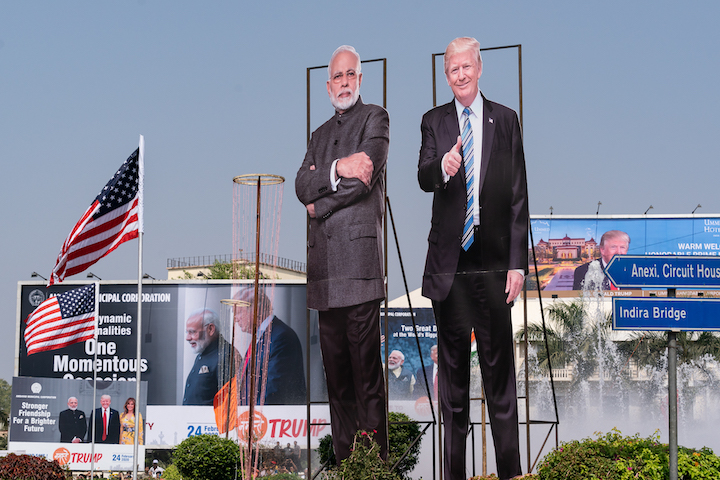
Project Description
What are the international implications of the rise of populist governments across the globe? Recent developments – such as President Trump’s withdrawal from the Iran nuclear deal and the protracted Brexit process – suggest that populism is detrimental to international cooperation. Populists, once they seize power, work to disengage their country from multilateral entanglements. In fact, populism is widely associated with a proliferation of international disputes, a weakening of global governance, and failures in global public goods provision.
Yet, our previous work on the Global South reveals that not all populist governments pursue policies that are consistent with such anecdotal evidence from cases of right-wing populism in the West. On the contrary, some populist governments prefer to stick to the international commitments made by their non-populist predecessors and are even more willing to contribute to the supply of global public goods (e.g., India under Modi). In some cases, the populist takeover exacerbates existing tensions, leading to a more bellicose vision of international politics (e.g., Turkey under Erdoğan), whereas in others, populists in power actively promote regional cooperation (e.g., Venezuela under Chávez).
But how can one make sense of these variations?
Our project aims to fill this research gap by assessing and theorizing the impact of populism on foreign policy. The overarching research question we seek to answer is as follows: To what extent, and why does the formation of populist governments lead to changes in foreign policy?
Research Fields and Cases
Given the nascent state of the field, the project takes an explorative and comparative approach. It focuses on four broad fields in which populism can be expected to be particularly consequential: a) governments’ international conflict behaviour; b) their contributions to global governance (focusing on climate governance; crisis management and peacekeeping; multilateral trade negotiations; development cooperation); c) their support for international institutions; and d) their re-orientation towards populist and/or autocratic international partners.

Empirical analyses are based on in-depth case studies of continuity and change in foreign policy after the formation of populist governments in five countries: Bolivia (Morales, 2006-2019), India (Modi, 2014-2020), Turkey (Erdoğan, 2003-2020), Italy (the League-Five Star Movement all-populist coalition government, 2018-2019), and the Philippines (Duterte, 2016-2020). These cases were selected as they display variation in the ‘thick’ ideologies espoused by populists in power as well as on other theoretically relevant dimensions.
We follow the definition proposed by Mudde and others, who understand populism as a ‘thin-centred ideology’, a coherent but narrow set of propositions focused on anti-elitism and people-centrism that typically coexists alongside a full-fledged ‘thick-ideology’ like socialism or ethno-nationalism.
The project focuses on countries that experienced a transition from a non-populist to a populist government. Given the abductive approach chosen, the overarching rationale in selecting cases is to aid the explorative and theory-building approach of the project. Among all cases of recent transition to populist governments, the project therefore focuses on particularly prominent and undisputed cases that display variation across several theoretically relevant dimensions – from populists’ political ideologies, forms of government, and the degree of authority ceded to international institutions to their countries’ structural position in the international system.
Work Packages
The project is structured in two Work Packages (WPs).
WP1 takes stock of changes in foreign policy after the formation of populist governments by comparing the foreign policies of each populist government with that of its non-populist predecessor (within-case comparison). WP1 also addresses shifts in the processes of foreign policy-making in each case.
WP2 compares foreign policy change after populist government formation across cases. It uses such comparison for theory-building by taking an abductive approach and develops, assesses, and refines theoretical expectations about the mechanisms through which populism impacts foreign policy. The project is designed to combine the search for generalizable patterns across cases with careful attention to context conditions and in-depth knowledge of each case.
Project Funding and Duration
The project is funded by the German Research Foundation for the period 2021-2024.
